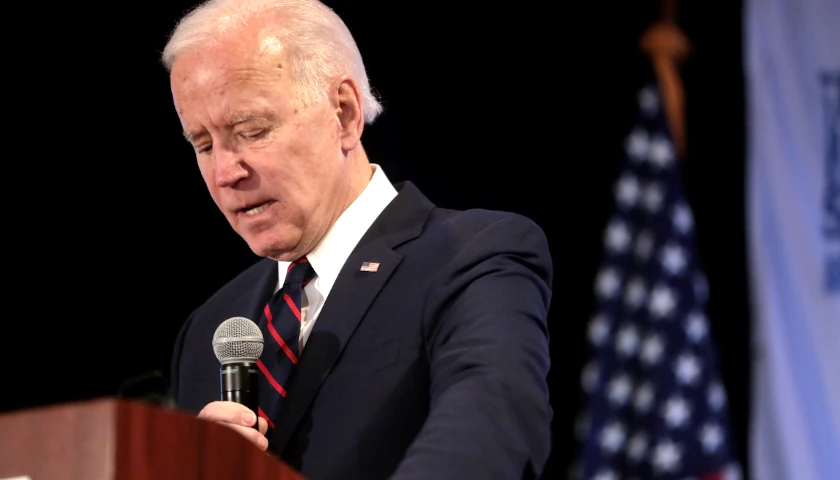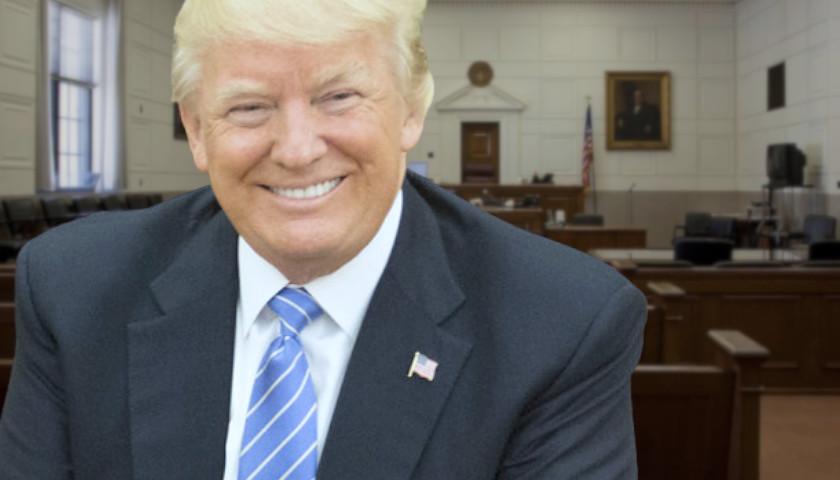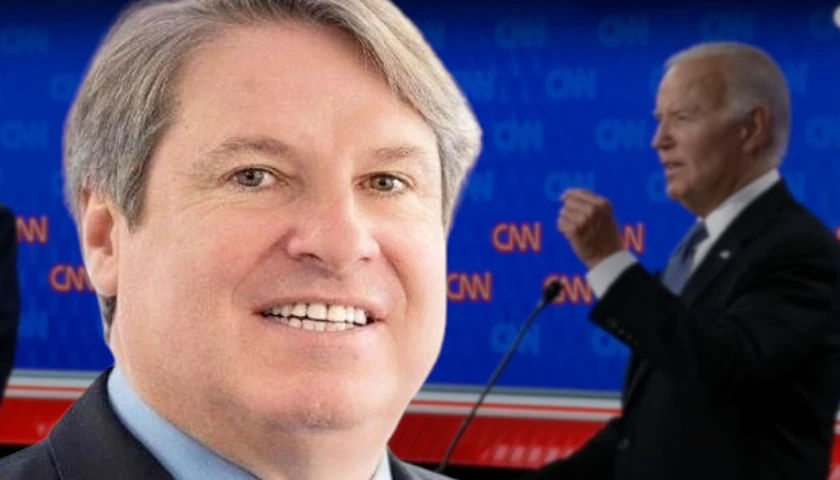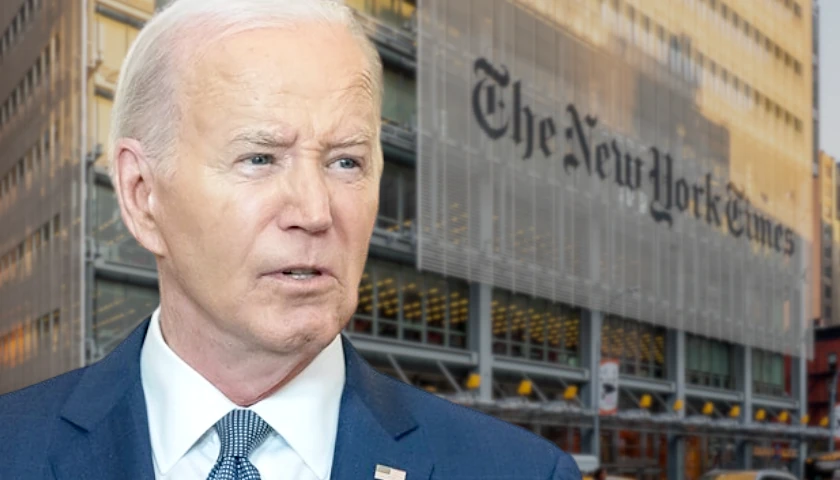by Christopher Roach
While sometimes it is unavoidable, lawyers do everything they can not to become witnesses in their own cases. Such a contingency may require new counsel, adding to client expense. It also leads to some real ethical minefields. While as a witness they are obliged to tell the truth, they are also bound as lawyers by their duties of confidentiality and zealous advocacy for their clients, creating conflicts between these competing obligations.
Journalists, too, used to have certain ethical restrictions, some formal and some that arose as part of the culture. One of those restrictions is similar to that facing lawyers: journalists are not supposed to “become the story.” Journalists should be neutral conduits through which the facts are presented.
Sometimes, particularly in developing stories and those involving criminal acts, there is evidence on both sides. Authentic journalism presents all the facts and allows readers to use their own common sense, background knowledge, and analysis to reach their own conclusions. A sharp distinction between opinion advocacy and factual journalism is supposed to prevail.
This is why, historically, media organizations ran presidential debates. Television media has the means to publicize them, but they also relied on their journalistic credentials to be good-faith, neutral moderators.
The Nixon and Kennedy debates were prototypical, but so were the contests of Bush Sr. and Clinton, or Reagan and Mondale. In all these cases, journalists no doubt had their own opinions, but they strived and mostly delivered on fairness and objectivity. The national-tier television anchors in particular tried hard to appear evenhanded, sober, and wise. It turned out this was often not true, as revealed when Dan Rather was exposed trying to push a plagiarized fake document to attack George W. Bush on the eve of the 2004 election. But overall, the national media of old was nothing like the partisan propaganda that prevails today.
Starting during the Iraq War and accelerating during Obama’s presidency, journalism became more “hand in glove” with the institutions of power and the Democrat Party, especially the increasingly partisan intelligence community. Journalism’s sins of omission—such as the utter failure to delve into Barack Obama’s shady and mysterious past—became sins of commission, such as repeating lies from the CIA that Hunter Biden’s laptop was “Russian disinformation.”
What began gradually reached a high-water mark in 2020. The COVID episode encouraged journalists to become snitches for the regime, on the lookout for misinformation and cooperating in censorship campaigns. Left-leaning journalists also hated Trump, having spent years amplifying every rumor against him and began to repeat uncritically the idea that somehow his election by majority rule would be a “threat to democracy.”
This partisanship infected the 2020 presidential debates. These are supposed to be an opportunity for the public to see the two candidates mano-a-mano. During the primaries, debates are a bit of a joke, with 15 blowhards competing for attention and interrupting one another to appear “alpha.” Even at their best, they are superficial because candidates are limited to one-minute periods to speak and 30-second rebuttals. But debates for the presidential race always had some value, as there were fewer distractions, longer speaker times, and an opportunity for the candidates to engage one another directly.
But in 2020, the presidential debates reached a real low-water mark. In the first debate, Chris Wallace continually interrupted President Trump, ran cover for Biden on Hunter Biden’s involvement in Ukraine, and otherwise took it upon himself to “fact-check” President Trump on complex issues of policy and opinion. Trump himself remarked near the end of the debate that he was debating Wallace not Biden.
The second debate in 2020 was slightly better. It was hosted by a neophyte looking to make a name for herself, Kristen Welker. The threat to shut off microphones for interruptions and going over time—a good rule in my opinion—actually helped Trump and prevented him from indulging his worst instincts.
But otherwise, as with Wallace, her questions for Trump were pointed, persistent, and critical, in many cases channeling Democrat talking points on COVID or “election interference.” At the same time, she ignored large swaths of Biden’s record and performance, including his apparent family corruption, his long record of self-serving lies, and, at the time, the costs of the heavy-handed COVID policies favored by the Democrats. Frequently, as soon as Trump drew blood, she decided to move the subject to something more favorable to Biden.
This year, an early debate is happening this Thursday between Trump and Biden. Trump agreed to let CNN host it; the first debate will be moderated by Dana Bash. Bash is a CNN political correspondent and a Trump-hating liberal. Why he and his team agreed to this is beyond me. If he wants a repeat of the Wallace debacle, he has signed up with the right person. She has political and personal reasons to be hard on Trump, and I’ll be surprised if they let him score any big points.
That said, there are some objective aspects of the debate that will still work to Trump’s advantage. Biden appears even more lethargic and weak than he was in 2020. He has occasional bursts of energy, but they are hard to distinguish from dementia-fueled anger. The media is “all in” for him, but there is more dissensus among other powerful constituencies than in 2020.
For example, large parts of Silicon Valley and Wall Street have turned against Biden. Many have Jewish heritage and have said that they are alarmed at anti-Semitism on the left and the increasingly evident left-wing hostility to Israel under the umbrella of fashionable campus anti-colonialism. Persistent inflation has simultaneously dented Biden’s support with the middle class.
Biden is also vulnerable because he has done a fairly good job of avoiding scrutiny. He rarely has press conferences, and those he does have are apparently scripted, with pre-approved questions and answers. He almost never interacts with unvetted members of the public. His reputation is fragile and fake, and his handlers know it.
The debate will hopefully showcase that, in relative terms, Trump is more “on the ball” than Biden. If Biden tries his “the economy is actually great” schtick, it will also show that the supposedly lovable “Uncle Joe” is an aloof, out-of-touch elite with little empathy for regular people. The debate should also give a chance to show that Trump, in spite of media caricatures, is often charming, humorous, and magnanimous in real life.
It remains to be seen how much CNN intends to put its thumb on the scale, but even in the face of such interference, I suspect Trump will do circles around the mediocre figurehead now in the Oval Office.
– – –
Christopher Roach is an adjunct fellow of the Center for American Greatness and an attorney in private practice based in Florida. He is a double graduate of the University of Chicago and has previously been published by The Federalist, Takimag, Chronicles, the Washington Legal Foundation, the Marine Corps Gazette, and the Orlando Sentinel. The views presented are solely his own.
Photo “Joe Biden” by Gage Skidmore. CC BY-SA 2.0.




